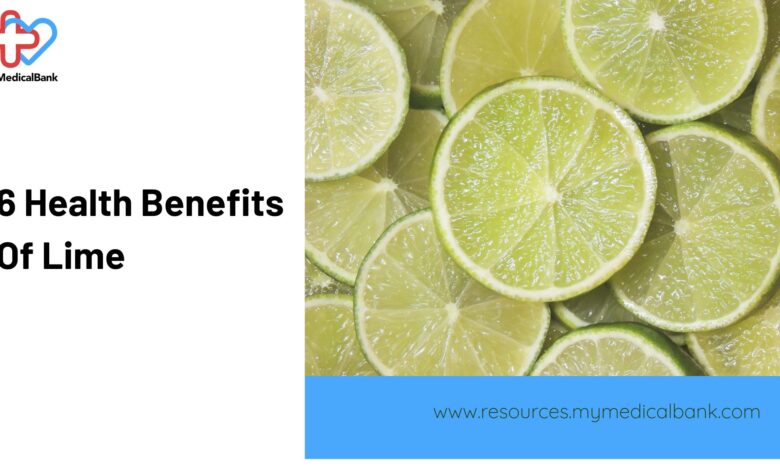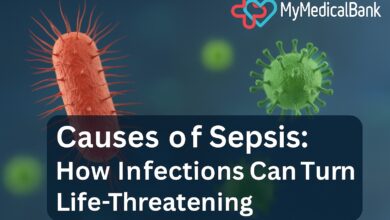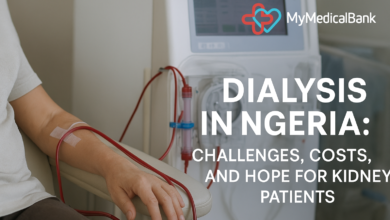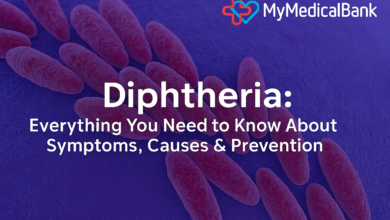6 Health Benefits Of Lime | Nutrition & Uses
Health Benefits Of Lime Eating of fruit is good for the health because every fruit possess special nutritional values that plays major role in the wellbeing of every human being.

Table of Contents
Health Benefits Of Lime Eating of fruit is good for the health because every fruit possess special nutritional values that plays major role in the wellbeing of every human being.
It consumption plays significant role in helping to reduce the possibilities of developing some terminal diseases which includes diabetes, cancer and some heart disease.
Apart from positioning itself as an essential part of human life through the health benefit that it offers, it is also serves as a means of livelihood for a lot of people. We have farmers who does nothing but plant different kinds of fruit to sell in exchange for money when it’s time for harvest.
It is also classified as an important part of global agricultural output, having cultural and symbolic meanings because it provides seed dispersal and nutrition.
Examples of fruit includes: pineapple, apple, lemon, persimmon, mango, banana, orange, grape, lemon, strawberries, cashew, tangerine, papaya, water melon, carrot, pearl, cherry, lime, guava, cucumber, coconut, mandarins, nectarines, peaches, honeydew melon, tomatoes, avocados, apricots, pomegranates, berries, blueberries, sugarcanes, tamarinds, custard apple, plums, tangelo and many others.
The focus of this article will be centered around Lime Fruit.
7 Health Benefits Of Sweet Melon
The physical attribute of Lime Fruit might make you to doubt the role it plays in keeping us healthy. Lime Fruit comes in very small shape with a unique color of green. It belongs to the families of fruit that came from Citrus plant. The fruit is enriched with vitamin C and it’s can be grown at any time or season of the year (year-round cultivation). It has a unique taste that makes it very different from every other fruits, more reason why it is used for preparing food or drink with that aim to achieve a distinctive taste.
Apart from giving your food and beverages a unique taste, Lime fruit is also endowed to be of a great addition towards achieving a balanced diet in recipes. This is made possible because Lime fruit is healthy and versatile at the same time. In a situations where you are allergic to citrus plant, it is better you stay from the consumption of Lime fruit.
There are different species that originates from citrus plants, some of which includes: market lime, desert lime, key lime, Persian lime.
According to the United States Department of Agriculture (USDA), Lime Fruit nutritional values includes: saturated fat 0 g, sodium 2 mg, Total fat 0.2 g, calories 30, cholesterol 0 mg, potassium 102 mg, total carbohydrate 11 g, protein 0.7 g, sugar 1.7 g, dietary fiber 2.8 g, vitamin C 48%, calcium 3%, iron 3%, vitamin D 0%, cobalamin 0%, vitamin B6 0%, magnesium 1%.
HEALTH BENEFITS OF LIME
1) Boost Immune System | Health Benefits Of Lime
Consumption of Lime helps strengthen our immune system through the high concentration of Vitamin C in the fruit. Vitamin C is considered to be a nutrient that helps fortify our body’s immunity. Apart from its ability to increase our immunity, Vitamin C also plays the role of aiding quick recovery from any wound. That is made possible by helping to excite the activity of collagen production in the body. Collagen consists of amino acids. Also, the production level of white blood cells is heightened by Vitamin C with a unique attribute of safeguarding our body from any form of disease and infections. The time and intensity of cold is helped reduced by consumption of Vitamin C.
Lime fruit is classified as a home of vitamin C due to the high level of vitamin C concentration in the fruit and vitamin C plays huge and important roles in our body systems.
Top 10 Health Benefits Of Apple | A Must Read Health Tip
2) Reduces Risk of Having Heart Disease | Health Benefits Of Lime
Scientific studies have shown that the regular and proper consumption of Lime may lower the tendencies of having high blood pressure due to the high level of vitamin C concentration in limes.
If proper care and attention is not given to high blood pressure, it has tendencies of leading to heart disease.
It is medically advisable to maintain a good level of lime consumption as it contributes to the reduction of heart disease which is seen as a major player in numbers of death globally.
3) Prevention of kidney stones | Health Benefits Of Lime
Kidney stones is also called nephrolithiasis. Kidney stones stays together in concentrated urine and they are generated from acid salts and strong/hard deposit of minerals. When the stones are moving through the urinary tract, it causes pain but no permanent damage attached to it.
Eating more of citrus fruits from which lime came plays an important part in increasing the rate of citrate in the urine, binds minerals that forms stone and reduce the risk of kidney stones in your urine.
4) May Stop Genes that Promote Cancer | Health Benefits Of Lime
Regular in take of lime according to scientific studies have the ability to reduce the development of the following cancer cells in the body: lymphomas cancer, breast cancer, throat cancer, bone marrow cancer, pancreas and see other cancer cells.
Fruits from citrus plant can halt the development or expression of different genes that have the ability of facilitating the movement of cancer in the body.
5 Benefits Of Personal Health Records (PHR)?
5) Gives Expression to Increment of Iron Absorption in the Body | Health Benefits Of Lime
Iron plays the major role of seeing to the transportation and movement oxygen around human’s body. It also helps in generating blood cells. It is important to have a good level of blood iron in the body which will help to stop or reduce the risk of iron deficiency anemia which may lead to having bad breath while exercising your body and fatigue.
In-take of foods and fruit with high level of vitamin C concentration like lime can help guard against the iron deficiency anemia by helping not increase the absorb of iron in our body.
Note: Scientific studies have shown that consumption of a cup of lemonade with meal that are plant based heightens iron absorption.
6) It Aids Promotion of Healthy Skin | Health Benefits Of Lime
Lime is endowed with nutritional values that helps to keep our skin healthy.
Lime consist of high level antioxidants that helps to fight skin changes that are related to age. Lime is also enriched in vitamin C which is important in generating collagen used to keep skin strong.



